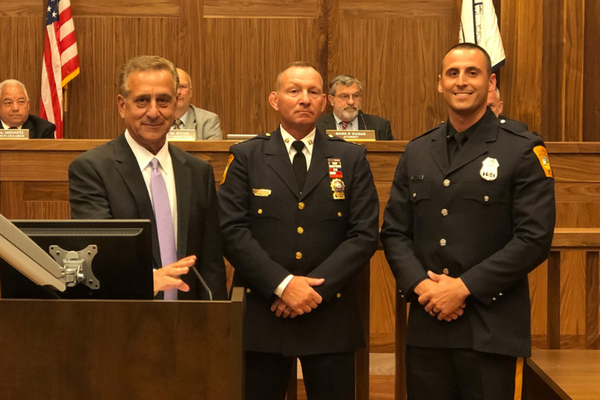Do not prescribe death penalty with an eye only on the abhorrence of the crime, equally consider factors that can help the prisoner keep his life, the Supreme Court told judges across the country in a verdict on Wednesday.
In a judgment which may become a significant precedent to the anti-death penalty cause, the apex court said trial judges should not be swayed in favour of death penalty merely because of the dreadful nature of the crime and its harmful impact on the society. They should equally consider the mitigating factors in favour of life imprisonment.
The judgment by a three-judge Bench led by Justice A.M. Khanwilkar came in the rape and murder of a seven-year-old. The court commuted the death penalty of the convict to life imprisonment.
‘Preservation of human life’
Justice Dinesh Maheshwari, who authored the judgment, referred to the evolution of the principles of penology. Justice Maheshwari said penology had grown to accommodate the philosophy of "preservation of human life".
Justice Maheshwari noted that though capital punishment serves as a deterrent and a "response to the society’s call for appropriate punishment in appropriate cases", the principles of penology have "evolved to balance the other obligations of the society, i.e., of preserving the human life, be it of accused, unless termination thereof is inevitable and is to serve the other societal causes and collective conscience of society".
Today, judiciary has other options to death penalty, the court noted.
These could include life imprisonment without remission or premature release, particularly while dealing with heinous crimes. These are midway approaches devised through the delicate balancing of the judicial process in cases involving heinous crimes.
‘Intense remarks’
In the current case, the apex court noted that both the lower courts made "intense remarks" about the abhorrence of the crime but did not carefully consider the mitigating factors in favour of the accused before sentencing him to death.
Justice Maheshwari said the courts should have given "due consideration to the equally relevant aspect pertaining to mitigating factors before arriving at a conclusion that option of any other punishment than the capital one was foreclosed".
Justice Maheshwari said had the courts looked, they would have found hope for the convict's reformation in the mitigating circumstances of the convict, who was no hardened criminal, had an unblemished jail conduct, a young family and an aged father.
"It would be unsafe to treat this case as falling in ‘rarest of rare’ category," Justice Maheshwari noted.







